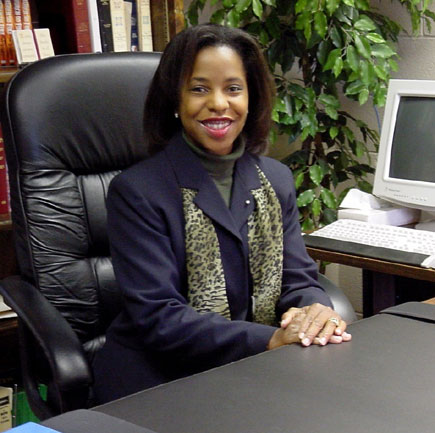I think spring is a good time to reflect on the contributions of Benjamin S. Bloom, a native of Pennsylvania. This entry will comment on his ideas on learning for mastery. Bloom's contention was that schools provide successful learning experiences for only some students, and that student, teacher, and administrator attitudes, along with teaching strategies and evaluation processes needed to change in order provide success for at least 90% of students (see Bloom, 1968, 1971).
Bloom made some good observations that should be revisited today by educators. I believe that students, teachers, administrators (and parents) at schools such as Vann Elementary might find many answers to their tremendous struggles. Vann is an inner-city school in Pittsburgh plagued by the pressures school administration and teachers put on low-income, disadvantaged minority students to meet the requirements of PA's standardized tests.
Bloom argued that mastery learning requires five conditions which can be summarized as differentiated instructional strategies, absolute standards, and time. Bloom believed that aptitude tests are better predictors of the rate of learning rather than the level of learning. Some of Vann's students come from homes where the parent(s) or guardian didn't successfully complete high school and do not supervise the student's homework and learning for various reasons including having to work long hours or being disengaged due to a drug dependency. These conditions work against the effort, time, and support needed for students to achieve and demonstrate mastery in basic subjects. The challenge is for educators to find the materials and methods to assure the greatest level of student achievement on standardized test.
References:
Bloom, B. (1971). Mastery learning. New York: Holt, Rinehart, & Winston.
Bloom, B. S. (1968). Learning for mastery. Evaluation Comment, 1 (2). University of California, Los Angeles. (ED 053 419)
Bloom made some good observations that should be revisited today by educators. I believe that students, teachers, administrators (and parents) at schools such as Vann Elementary might find many answers to their tremendous struggles. Vann is an inner-city school in Pittsburgh plagued by the pressures school administration and teachers put on low-income, disadvantaged minority students to meet the requirements of PA's standardized tests.
Bloom argued that mastery learning requires five conditions which can be summarized as differentiated instructional strategies, absolute standards, and time. Bloom believed that aptitude tests are better predictors of the rate of learning rather than the level of learning. Some of Vann's students come from homes where the parent(s) or guardian didn't successfully complete high school and do not supervise the student's homework and learning for various reasons including having to work long hours or being disengaged due to a drug dependency. These conditions work against the effort, time, and support needed for students to achieve and demonstrate mastery in basic subjects. The challenge is for educators to find the materials and methods to assure the greatest level of student achievement on standardized test.
References:
Bloom, B. (1971). Mastery learning. New York: Holt, Rinehart, & Winston.
Bloom, B. S. (1968). Learning for mastery. Evaluation Comment, 1 (2). University of California, Los Angeles. (ED 053 419)
